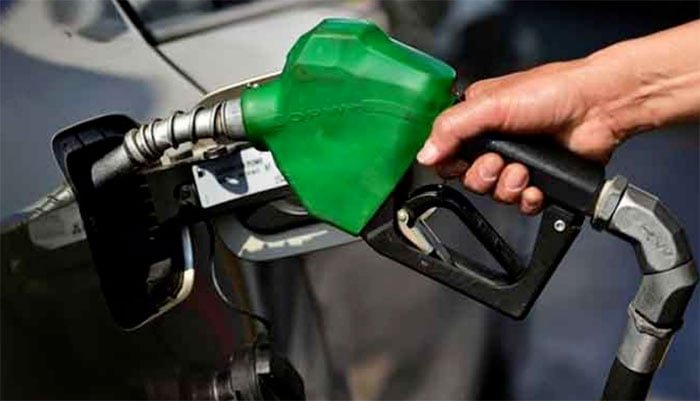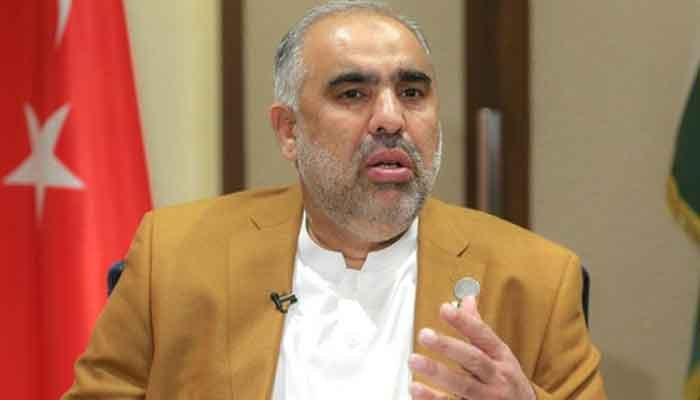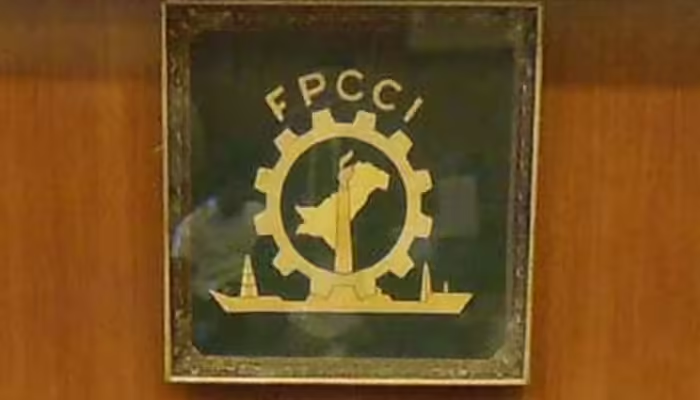In a recent development, the Ministry of Finance has issued a notification announcing revised prices for petroleum products, effective from midnight on April 1. Notably, the government has opted to raise the price of petrol by Rs 9.66 per liter, bringing the new rate to Rs 289.41 per liter. This substantial increase is likely to have a significant impact on consumers and the overall economy.
Conversely, the price of diesel has been reduced by Rs 3.32 per liter, leading to a new rate of Rs 282.24 per liter. Similarly, kerosene oil now comes at a cheaper price, with a reduction of Rs 2.27 per liter, setting the new rate at Rs 186.39 per liter. Additionally, the price of light diesel oil has been decreased by 38 paise, resulting in a revised rate of Rs 167.80 per liter.
However, despite these adjustments, the government has decided to maintain the petroleum levy on both petrol and diesel at Rs 60 per liter, which is expected to contribute to revenue generation but may further burden consumers.
This move comes amidst various economic developments highlighted in the business news segment. The Federal Board of Revenue (FBR) reported a significant collection of Rs 6,710 billion in taxes during the initial nine months of the financial year, underscoring the government’s efforts to boost revenue. Additionally, the introduction of the Trader Dost Scheme aims to expand the tax net by incorporating five categories of traders. Meanwhile, the formation of an Economic Rehabilitation Think Tank by the FPCCI, chaired by Gohar Ijaz, reflects efforts to address economic challenges and stimulate growth.
Moreover, the Ministry of Finance released a positive outlook report for March, indicating improvements in Pakistan’s economic situation. However, the Pakistan Stock Exchange witnessed a decline on the last day of March, underscoring ongoing volatility in the market.
In other news, the government’s decision to allow the import of used vehicles with a mileage of up to 2000 km marks a shift in policy, potentially impacting the automotive industry. Similarly, conditional permission to export flour manufactured from imported wheat aims to regulate the export of essential commodities while balancing domestic supply.
Additionally, the State Bank of Pakistan reported an increase of $3.69 million in domestic foreign exchange reserves, reflecting efforts to stabilize the country’s financial position.
Amidst these economic developments, Prime Minister Muhammad Shahbaz Sharif reaffirmed Pakistan’s commitment to collaboration with the United States for global peace, emphasizing bilateral cooperation in various sectors. However, controversies surrounding the removal of Shaheen Afridi from captaincy in cricket and political tensions underscore the complex landscape of Pakistani affairs.



